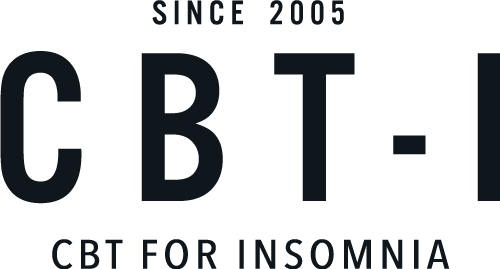Increasing Access to CBT-I
10% of adults meet diagnostic criteria for insomnia disorder (insomnia at least three nights/week for at least three months with daytime impairment) and 33% of adults endorse insomnia symptoms, which translates into 85 million adult insomnia sufferers in the United States. Despite being the gold standard treatment for insomnia, cognitive-behavioral therapy for insomnia (CBT-I) is often unavailable to patients seeking treatment due to a shortage of trained CBT-I providers. Fortunately, telemedicine and online CBT-I burgeoned during the COVID-19 pandemic. Although telemedicine CBT-I offers increased access to CBT-I clinicians by removing transportation and distance barriers, only online CBT-I has potential to directly address the provider shortage by eliminating the need for a CBT-I clinician.
Data on real-world patient uptake of online CBT-I is limited, but a recent report showed that over half of real-world patients who purchased access to digital CBT-I completed at least four sessions which is an adequate dose of CBT-I. Although many insurers cover telemedicine, online CBT-I is not covered by insurance. Stepped-care models involve first treating patients with online CBT-I, then preserving second-stage CBT-I with a clinician for those who do not adequately respond to online CBT-I. Another option is to combine online CBT-I and clinician-led CBT-I (telemedicine or in-person). Recent studies indicate that online CBT-I can be used to prevent the development of depression, anxiety, and suicidal thoughts.
